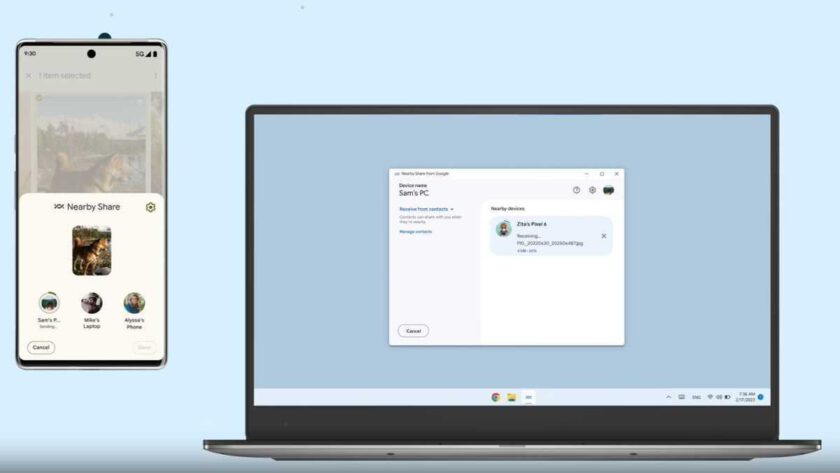On the eve of the much-anticipated retail focused sale and discount event, Black Friday, consumers in key regions across Africa, such as Kenya, are warned by network security experts to be vigilant.
Black Friday and Cyber Monday are acknowledged as two of the busiest shopping days of the year, involving contribution by social networks and ecommerce websites.
Global network security company Fortinet, and its research division FortiGuard Labs, are warning shoppers to be wary.
The Company has issued important tips than can keep consumers safe, both when shopping online or at brick-and-mortar stores.
Looming threats for holiday shoppers:
• ATM Fraud: ATM fraud continues to be a way for criminals to make a fast buck, from “jackpotting” cash machines, to installing malware directly on the ATM, to skimming card data and recording your PIN. This holds especially true during the holiday season, when more people are stockpiling cash for post-season sales.
• Point-of-Sale Kiosk Malware: Infected Point of Sale Kiosks and other compromised systems have been responsible for major retail breaches over the last year. A device can become compromised without physical access to the register. And it sometimes takes retailers a while to detect and neutralize the breach.
• Online Scams and Infected Retail Sites: As with retail shopping, malware designed to pilfer credit card information and then hand it over to cyber thieves runs rampant during the holiday season. In that same vein, keep your eye out for fake online stores that peddle counterfeit goods at too-good-to-be true prices.
Fortinet suggests that consumers follow these guidelines to protect themselves:
• Shop only at those stores – online or offline – that you know and trust.
• Use a credit card as opposed to a debit card to ensure fraud protection.
• Use a credit card from a financial institution that offers one-time use, time-limited or virtual credit card numbers.
• When shopping online, be sure to transmit financial information via SSL for a secure connection.
• Only download shopping applications from an official app store; and delete the app if it asks for too much information at registration.
• Never click on a link in an email – especially if the email claims to be from your bank.
• Use a “Live CD” or dedicated browser when conducting online searches and shopping activities.
Adapted from ITWebAfrica




